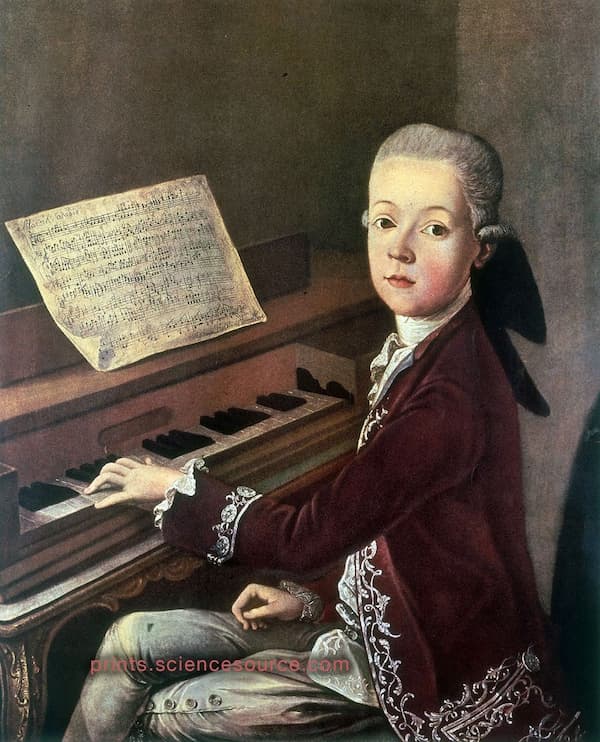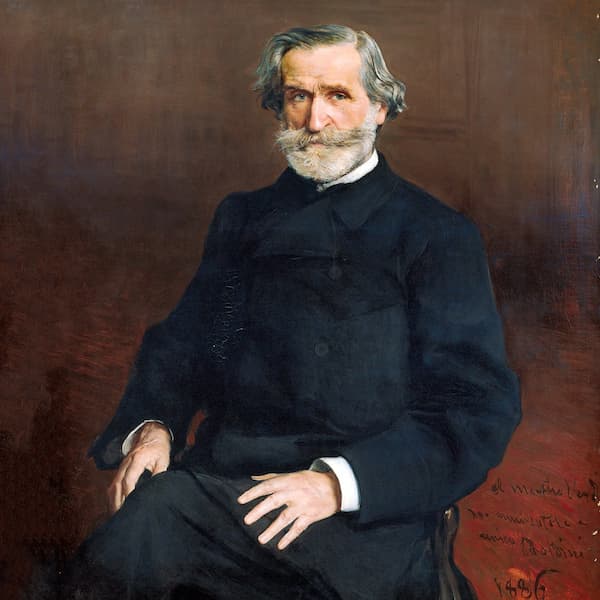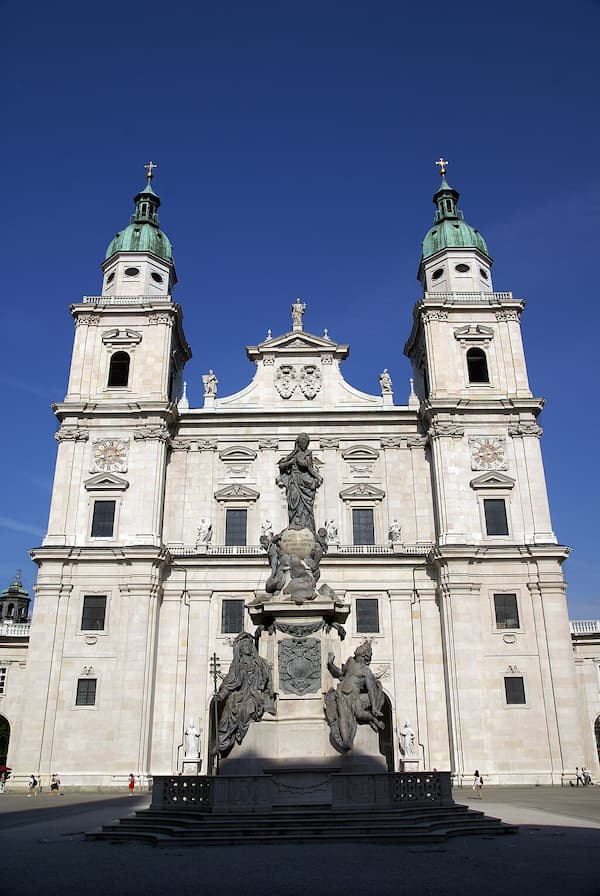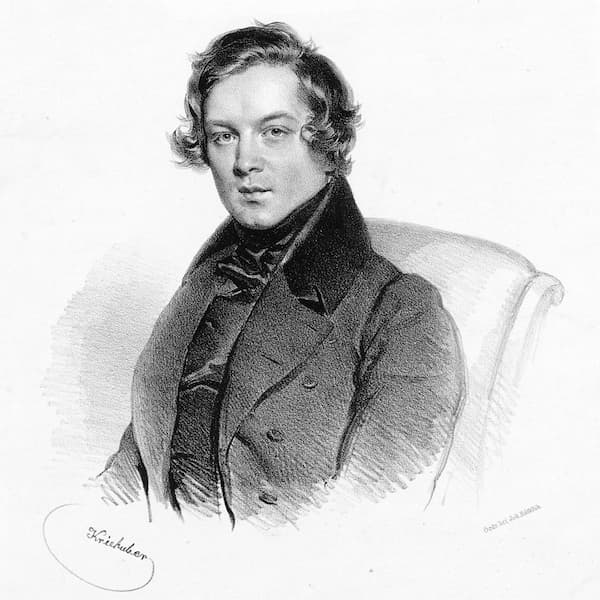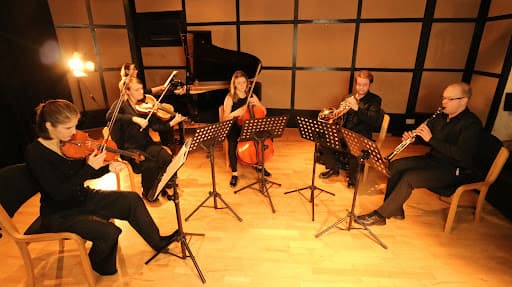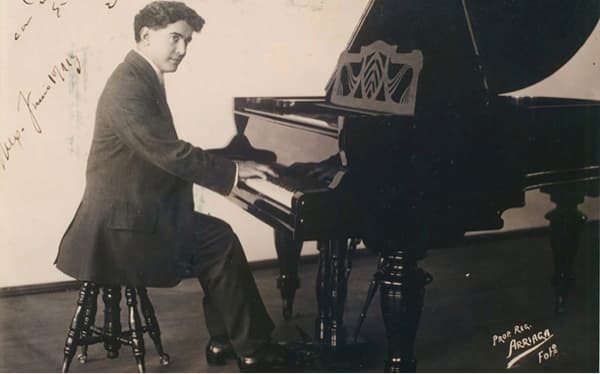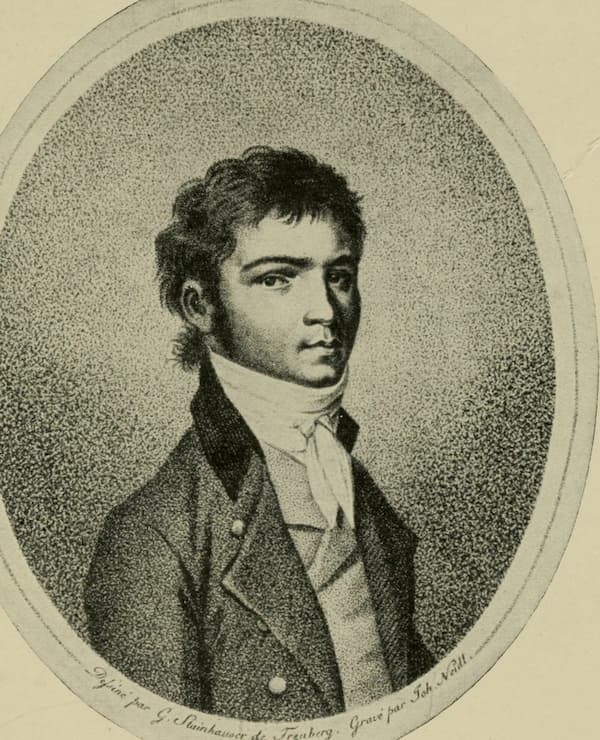Everybody loves Mozart’s piano sonatas, works that delightfully blend charm, wit, and elegance. Composed between 1774 and 1789, these 18 pieces showcase his mastery of melody, harmony, and form. To be sure, each sonata balances formal classical structures with surprising
Playlists
Giuseppe Verdi was a master of melody, crafting some of the most unforgettable tunes in opera history. His genius lay not only in his ability to write soaring and emotionally charged arias but also in his profound understanding of how
Mozart‘s birth was nothing short of miraculous, a moment that would go on to change the world of music forever. Born on 27 January 1756 in the heart of Salzburg, Austria, he arrived into a family already steeped in musical
Robert Schumann was one of the leading figures of classical music’s Romantic Era. His music – by turns tempestuous and ecstatic and always heartfelt – made a huge impression not only on audiences but on his fellow composers, too. Today,
While the televisions of the world are squarely aimed at the New Year’s Concert of the Vienna Philharmonic Orchestra, a fresh take on this celebration will take place at the Ehrbar Saal in Vienna. A newly founded chamber ensemble made
After listening to a number of beautiful Piano Trios, Quartets, and Quintets, it’s time to take a closer look at Piano Sextets. As the name implies, piano sextets are scored for piano and five other instruments. However, there really is
Manuel María Ponce (1882-1948), the leading Mexican musician of his time, was a wonderful pianist who composed a substantial number of piano works. These works combine a profound knowledge of the instrument with his Romantic heritage and nationalist tendencies. Manuel
Arguably, the first composer to write true piano music was Ludwig van Beethoven. To be sure, he had tremendous technical ability, and critics wrote, “He was attacking pianos with such force that during the performance, keys, hammers and strings would

